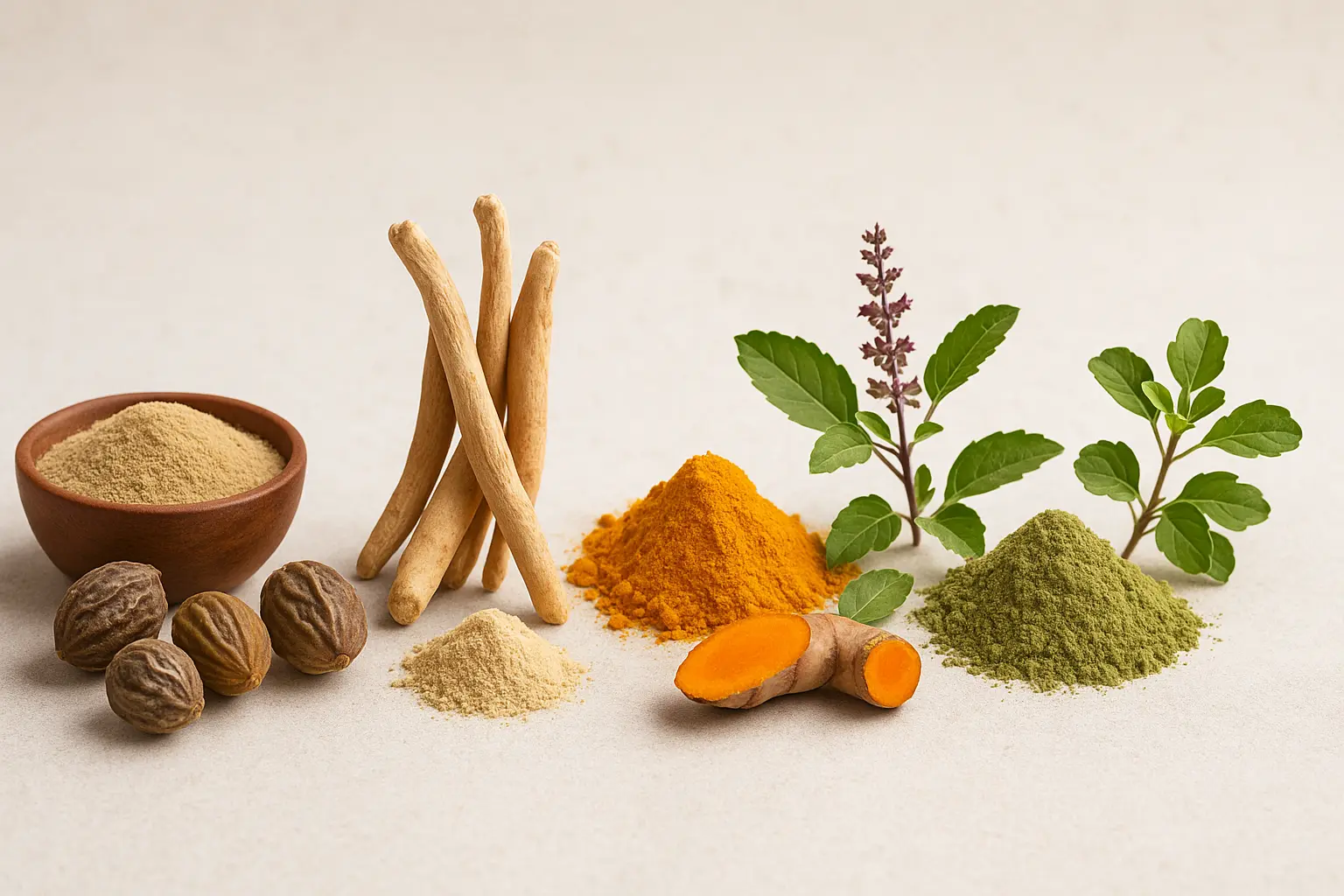How Ayurveda Can Help You Find Relief from Piles
A common complaint, piles or hemorrhoids, tend to cause people discomfort, pain, and frustration. It happens to many and can take place as a result of bowel strains, pregnancy, and unhealthy diets. Thankfully, Ayurveda has been used by people in India for ages to manage and relieve piles. We will examine in this post how Ayurveda can give you lasting comfort from this condition.
1. Understanding Piles
To understand how Ayurveda assists, you should first learn about piles, their symptoms, and their causes.
What Are Piles?
Piles are just like varicose veins, except these swollen veins are in the lower rectum or anus. People can be put into two main groups:
- Internal piles: Found inside the rectum and may not be visible.
- External piles: Located around the anus and can cause visible lumps and pain.
Common Symptoms of Piles
Piles can make you uncomfortable, and the severity and type of piles can bring different symptoms. People with these conditions usually experience:
- Pain or discomfort during or after bowel movements.
- Itching or irritation around the anus.
- Swelling or lumps near the anus.
- Bleeding during bowel movements, where bright red blood may be visible on toilet paper.
- Mucus discharge may sometimes accompany the condition.
Causes and Risk Factors
The main reason for piles is higher pressure on the veins around the anus. People may feel this pressure when:
- Straining during bowel movements due to constipation or diarrhea.
- Obesity, which puts extra pressure on the lower body.
- Pregnancy, especially in the later stages, as the growing uterus places pressure on the veins in the lower abdomen.
- A sedentary lifestyle or prolonged sitting can contribute to poor circulation, which increases the risk of piles.
2. Ayurvedic Perspective on Piles
Ayurveda believes that piles are caused by an out-of-balance of the natural doshas in the body. If there is too much Vata, Pitta, or Kapha in the body, Ayurveda says this can lead to piles.
How Ayurveda Views Piles
Ayurveda focuses on maintaining balance between the three doshas:
- Vata: Governs movement and elimination in the body. An imbalance in Vata can lead to constipation, which strains the rectum and leads to piles.
- Pitta: Controls the body’s heat and digestive functions. If Pitta is aggravated, it can cause inflammation in the veins around the anus, contributing to piles.
- Kapha: Regulates the body’s structure and lubrication. When Kapha is in excess, it can cause swelling and congestion in the veins, leading to external piles.
Role of Digestion in Piles
According to Ayurveda, digestion (Agni) is essential for good health. If Agni is weak, it makes digestion harder and Ama (toxins) begin to build up in the body. As a result of these toxins, the digestive tract can become partially blocked and this often leads to constipation and piles.
Ayurvedic Treatment Focus
Ayurvedic treatment for piles focuses on:
- Restoring balance in the doshas.
- Improving digestion and removing toxins from the body.
- Using natural remedies to reduce inflammation and soothe the affected areas.
3. Ayurvedic Remedies for Piles
Ayurveda gives different methods for treating piles both internally and externally.
Herbal Treatments for Piles
Using Ayurvedic herbs is known to treat inflammation, aid digestion, and support healing of piles. There are a number of herbs that people often use regularly:
- Triphala: This mixture (consisting of Amla, Haritaki, and Bibhitaki) helps with digestion, cleanses the body, and supports regular elimination which can solve constipation.
- Aloe Vera: Aloe Vera is recognized for its ability to reduce inflammation and lessen swelling, which helps with external piles.
- Haritaki: Because it is called “the king of herbs,” it acts as a mild laxative, helping remove waste from the intestines, ease constipation, and improve regularity.
- Turmeric: It has curcumin, an anti-inflammatory compound. It decreases both pain and swelling caused by piles.
Ayurvedic Therapies
The Ayurvedic treatment called Panchakarma is very effective for treating the main cause of piles:
- Virechana (Purgation): A process that works to get rid of extra bile and toxic substances, supporting digestion and keeping constipation at bay.
- Basti (Medicated Enema): It cleanses the colon, helps the bowels work better, and balances Vata dosha, which results in less constipation and fewer piles.
Topical Applications
For external piles, Ayurveda offers soothing oils and pastes:
- Sesame Oil: A gentle oil used to massage the affected area, reducing pain and inflammation.
- Coconut Oil: Known for its cooling properties, coconut oil helps soothe irritated skin and reduce swelling in external piles.
4. Ayurvedic Dietary Guidelines for Piles Relief
Your diet can help a lot in managing and avoiding piles. Following certain diets is advised by Ayurveda to improve digestion and protect from constipation.
Importance of Fiber
Eating enough fiber can stop constipation and make bowel movements less demanding. Ayurveda suppo
